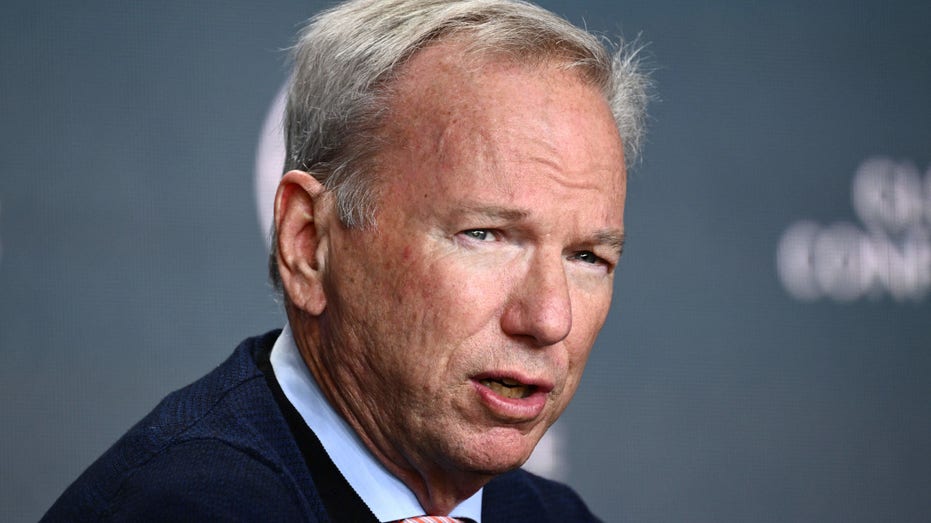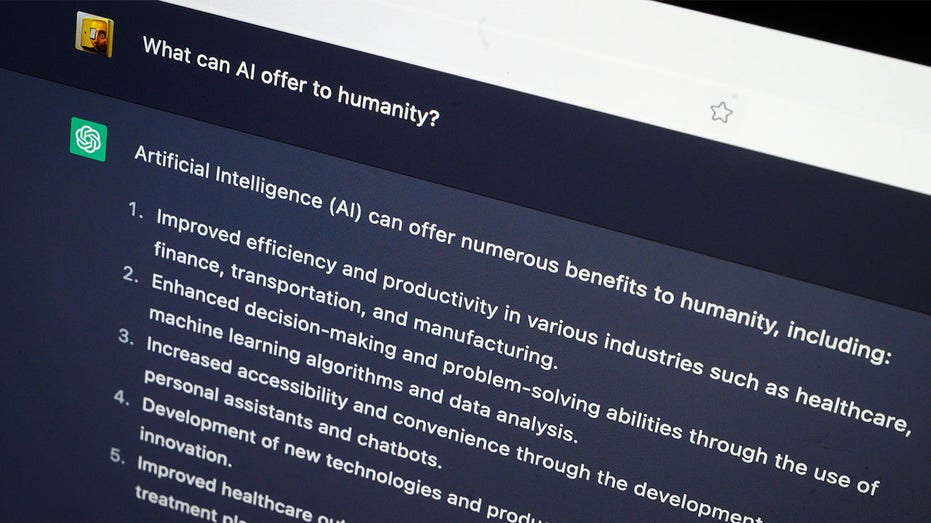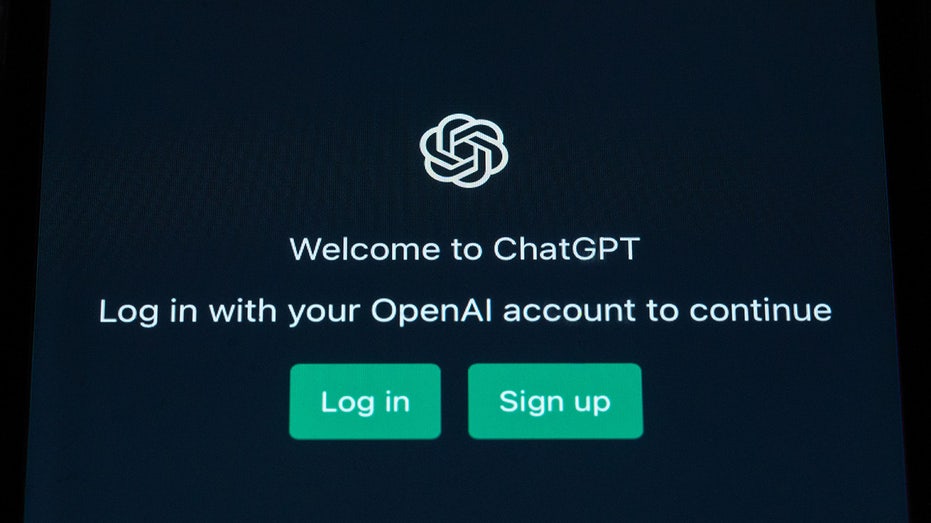Former Google CEO Eric Schmidt calls ChatGPT 'watershed moment' for AI: 'I didn't believe this a year ago'
Schmidt says time is now for AI developers, tech companies, policymakers to establish guardrails
Musk's pledge to create ChatGPT alternative has parallels to Twitter buyout: Melugin
Jessica Melugin of the Competitive Enterprise Institute breaks down Elon Musk's comments on bias in artificial intelligence, how the expanding industry could impact the economy, and FTC's Lina Khan's upcoming Capitol Hill testimony.
Former Google CEO and Chairman Eric Schmidt said Wednesday that even he had no idea that ChatGPT would so quickly create a "watershed" moment for the AI revolution.
In an interview with Yahoo Finance at the 2023 Milken Global Conference, Schmidt said AI developers have come to recognize the power of the technology.
"I didn't believe this a year ago, and I believe the industry has gone through this watershed moment and is addressing it," said Schmidt.
| Ticker | Security | Last | Change | Change % |
|---|---|---|---|---|
| GOOG | ALPHABET INC. | 323.10 | -8.23 | -2.48% |
What needs to come next are guardrails that protect against the risks of AI, Schmidt said. He suggested that bad actors could use the technology to spread misinformation in democracies, develop new bioweapons or even launch cyberattacks.

Eric Schmidt, former CEO and chairman of Google, speaks during the Milken Institute Global Conference in Beverly Hills, California, on May 2, 2023. (Patrick T. Fallon / AFP via Getty Images / Getty Images)
"Collectively, we have to have this conversation now," Schmidt said. "I think that the good news in America is when these things happen, everyone has an opinion and everybody gets to be heard."
Schmidt, the co-founder of Schmidt Futures, is an expert on artificial intelligence who served as chairman of the National Security Commission on Artificial Intelligence. In 2021, he co-authored "The Age of AI" with former Secretary of State Henry Kissinger and MIT computer scientist Dan Huttenlocher, which explored developments in AI technology and the way it will transform human society.
Less than two years later, Schmidt told Yahoo Finance the trio is considering writing a sequel to cover more recent developments, the most impressive of which is OpenAI's ChatGPT, which can mimic a human in conversation.
Since anyone can use ChatGPT, users across the globe have asked the AI to write emails, debug computer programs, answer homework questions, play games, write stories and song lyrics, and much more. Schmidt said the technology has several limitations but that those are likely to go away in the next decade.
CHATGPT: WHO AND WHAT IS BEHIND THE ARTIFICIAL INTELLIGENCE TOOL CHANGING THE TECH LANDSCAPE

This photo illustration shows the ChatGPT AI-generated answer to the question "What can AI offer to humanity?" (Leon Neal / Getty Images / File / Getty Images)
"I describe ChatGPT as a college student that got an A in English and writing and a C or a D in facts," Schmidt said. "With ChatGPT, it begins to hallucinate. It gets confused. ... And so the task now is to build systems that are much more knowledgeable and make many fewer errors, and that's underway."
As those systems improve, Schmidt predicted that the companies that figure out the best uses for AI will develop a competitive advantage over those that do not.
"It's a very large [change] because the arrival of [artificial] intelligence means the systems will become much more powerful, and so the companies that adopt AI soon will get an economic advantage," he told Yahoo Finance. "It will take a while, though, before we really see the implications of this. This stuff is only six months old, so we have enormous hype and great excitement. If you look at the history of technology, it's a decade before you really see the transformative nature of it."
It's not just corporate America that's exploring the possibilities of AI but the government as well. House Speaker Kevin McCarthy, R-Calif., last month had MIT experts meet with lawmakers to give a crash course in AI development as policymakers say there's a need for regulations that create the guardrails Schmidt mentioned. Senate Majority Leader Chuck Schumer, D-N.Y., released a broad framework earlier this month that calls for companies developing AI to allow outside experts to review their technology before it becomes publicly available to use.
MCCARTHY TAKES CONGRESS BACK TO SCHOOL ON AI

Schmidt indicated there's an opportunity for the United States to lead the rest of the world in both AI development and regulation. (Silas Stein / picture alliance via Getty Images / File / Getty Images)
Schmidt indicated there's an opportunity for the United States to lead the rest of the world in both AI development and regulation.
"At the moment, Europe is doing almost nothing in this space," Schmidt said. "They have a law which requires that the system be able to explain itself if it's used in something critical. By definition, these systems today can't explain themselves – by the way, nor could your teenager if you have a teenager."
CLICK HERE TO GET THE FOX NEWS APP
"Frankly, this technology was invented in the United States," he added. "I don't want us to give our lead up to the Europeans or the Chinese or anybody else, and I want us to now address the shortcomings while we harness this incredible stuff."
Fox Business' Elizabeth Elkind, Nikolas Lanum, Cameron Cawthorne and Joe Schoffstall contributed this report.





















